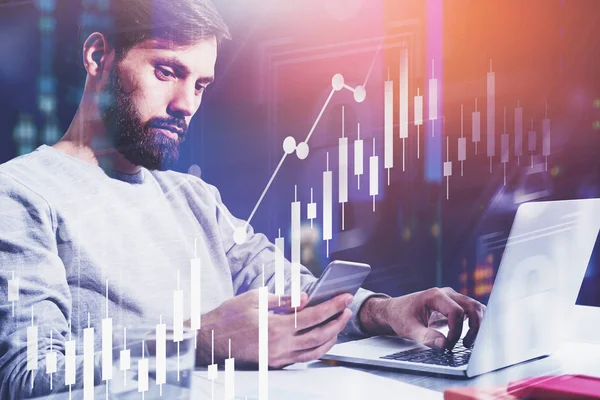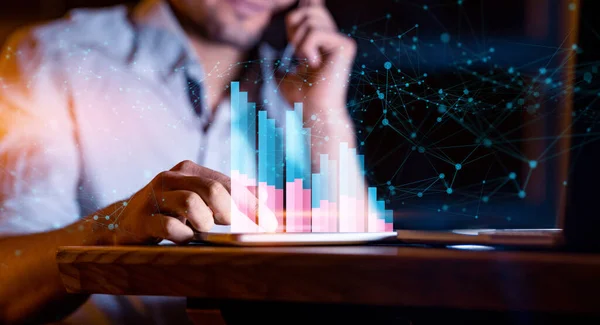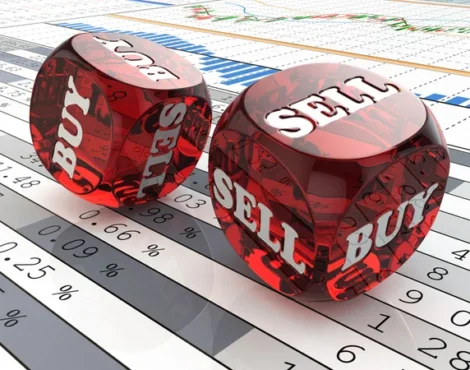The world of trading is ever-evolving, with new financial instruments, market conditions, and global events influencing the way we trade. To thrive in this dynamic environment, traders must commit to continuous learning. This article explores the importance of ongoing education in trading and how it can lead to long-term success.
The Need for Continuous Learning in Trading
Trading is not a static field; it requires one to keep up-to-date with the latest trends, strategies, and regulations. Continuous learning is essential to understand new financial products and market movements. As markets evolve, so too must the trader’s knowledge and skills to navigate them successfully. A trader who stops learning risks falling behind, missing out on opportunities, or worse, incurring significant losses. In trading, complacency can be the enemy, and knowledge is the weapon that keeps you ahead.
Staying Ahead in a Fast-Paced Market
The market waits for no one. Prices fluctuate rapidly, news breaks in an instant, and what was a profitable strategy yesterday may not work today. Traders need to be agile, continuously updating their strategies to stay ahead. Learning about market cycles, technical analysis, and economic indicators can help traders anticipate market movements. Understanding the impact of events like central bank decisions or company earnings releases can be crucial to making informed trades. In the fast-paced world of trading, continuous learning is the key to staying current and competitive.
Embracing Change and Adaptability
Change is the only constant in the trading world. Markets can shift dramatically due to unforeseen events, and traders must be adaptable. Continuous learning fosters adaptability by regularly exposing traders to new information and different perspectives. This openness to learning can help traders pivot their strategies when necessary and embrace change rather than fear it. Adaptability also means being flexible in your thinking, questioning your assumptions, and being willing to try new approaches.

The Role of Technology in Trading Education
In the digital age, technology plays a pivotal role in trading education. Online courses, webinars, and trading simulators are just a few examples of how technology facilitates continuous learning. These tools provide traders with access to a wealth of knowledge at their fingertips, making it easier than ever to learn and improve. With the help of technology, traders can analyze vast amounts of data, backtest strategies, and simulate trades without risking real money. Embracing technology is not just about using new tools; it’s about leveraging them for educational purposes.
Learning from Mistakes and Successes
Continuous learning in trading is not only about acquiring new knowledge, it’s also about reflecting on past trades. Both mistakes and successes offer valuable lessons that can inform future decision-making. By analyzing what went wrong and what worked well, traders can adjust their strategies and avoid repeating errors. Documenting trades and reviewing performance over time can reveal patterns and insights that might otherwise go unnoticed. Learning from experience is vital for growth and improvement in trading.
Building a Diverse Knowledge Base
A well-rounded trader is not limited to knowledge of just one market or asset class. Building a diverse knowledge base enables traders to take advantage of various opportunities and diversify their portfolios. Understanding global markets, different investment vehicles, and the interconnectivity of economies can provide a competitive edge. Continuous learning allows traders to expand their expertise beyond their comfort zone, leading to more informed decisions and potentially higher returns.
The Impact of Global Events on Trading
Global events can have a profound impact on trading, and continuous learning is crucial to understanding this dynamic. Political upheavals, natural disasters, and pandemics can all cause significant market volatility. Traders who keep abreast of international news and geopolitical developments will be better prepared to respond to such events. Learning about the economic implications of global events helps traders anticipate potential market shifts and manage risk effectively.

Investing in Yourself for Long-Term Success
Investing in continuous learning is an investment in oneself. The time and effort put into education can yield significant dividends in the form of better trading results. Setting aside time for learning activities, whether it’s reading a book, attending a seminar, or taking an online course, is essential for long-term success. A commitment to learning demonstrates a commitment to excellence in trading. Remember, the most successful traders are lifelong learners.
Traditional vs. Technology-Enhanced Trading Education
| Traditional Education | Technology-Enhanced Education |
|---|---|
| Classroom-based learning | Online courses and webinars |
| Limited access to resources | Wide range of digital resources |
| Delayed feedback on trades | Real-time feedback through simulators |
The importance of continuous learning in trading cannot be overstated. It is the foundation upon which successful trading careers are built. By staying informed, embracing technology, learning from experience, and broadening their knowledge, traders can navigate the complexities of the market with confidence. Investing in continuous learning is investing in the future, ensuring that traders can adapt, grow, and thrive in the ever-changing world of trading.



